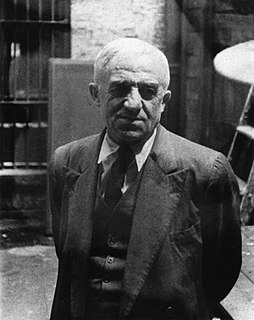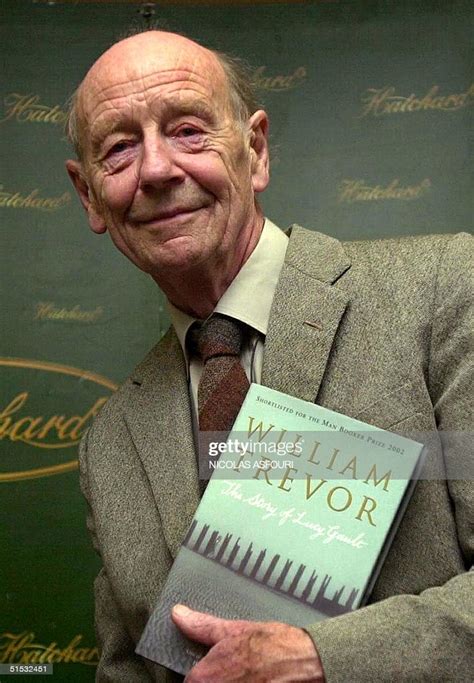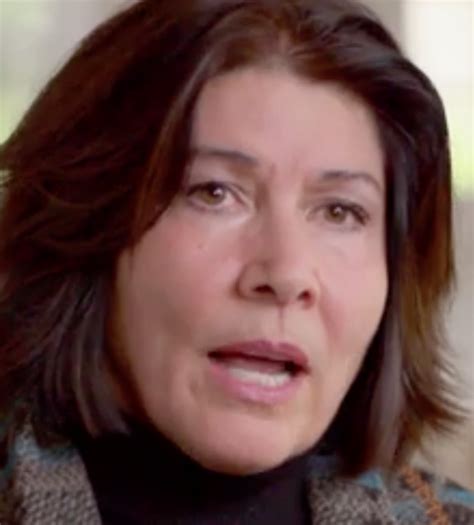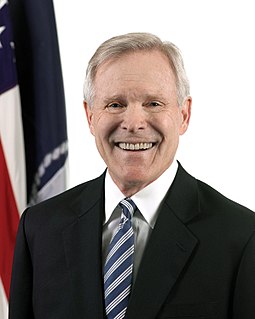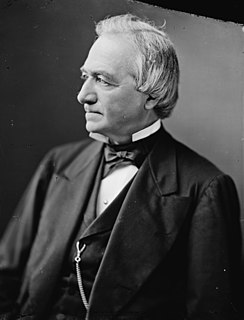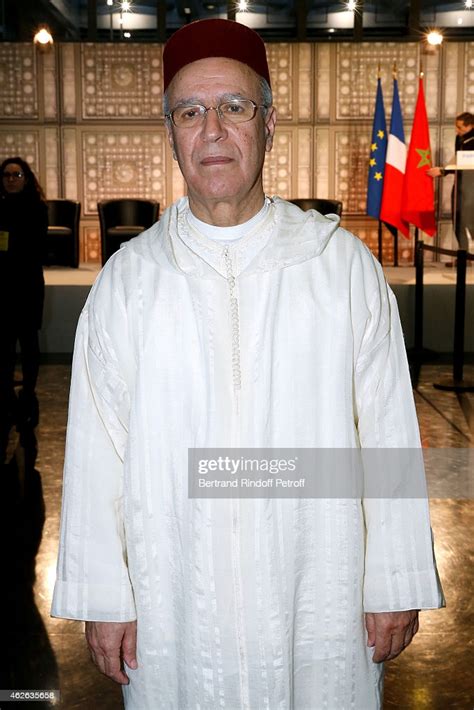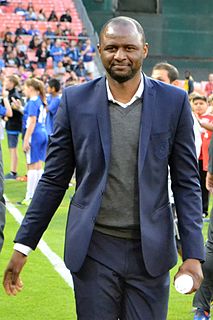Top 1200 Diverse Society Quotes & Sayings - Page 3
Explore popular Diverse Society quotes.
Last updated on April 21, 2025.
Because you have seen something doesn't mean you can explain it. Differing interpretations will always abound, even when good minds come to bear. The kernel of indisputable information is a dot in space; interpretations grow out of the desire to make this point a line, to give it direction. The directions in which it can be sent, the uses to which it can be put by a culturally, professionally, and geographically diverse society are almost without limit. The possibilities make good scientists chary.
If a poet has any obligation toward society, it is to write well. Being in the minority, he has no other choice. Failing this duty, he sinks into oblivion. Society, on the other hand, has no obligation toward the poet. A majority by definition, society thinks of itself as having other options than reading verses, no matter how well written. Its failure to do so results in its sinking to that level of locution at which society falls easy prey to a demagogue or a tyrant. This is society's own equivalent of oblivion.
It is in the nature of political bodies always to see the evil in the opposite group, just as the individual has an ineradicable tendency to get rid of everything he does not know and does not want to know about himself by foisting it off on somebody else. Nothing has a more diverse and alienating effect upon society than this moral complacency and lack of responsibility, and nothing promotes understanding and rapprochement more than the mutual withdrawal of projections.
You grow up and recognize that in any educated secular society, there's no excuse for ignorance. You have to recognize in yourself, and challenge yourself, that if you see racism or homophobia or misogyny in a secular society, as a member of that society, you should challenge it. You owe it to the betterment of society.
I have never said that human society ought to be aristocratic, but a great deal more than that. What I have said, and still believe with ever-increasing conviction, is that human society is always, whether it will or no, aristocratic by its very essence, to the extreme that it is a society in the measure that it is aristocratic, and ceases to be such when it ceases to be aristocratic. Of course I am speaking now of society and not of the State.
As a writer one doesn’t belong anywhere. Fiction writers, I think, are even more outside the pale, necessarily on the edge of society. Because society and people are our meat, one really doesn’t belong in the midst of society. The great challenge in writing is always to find the universal in the local, the parochial. And to do that, one needs distance.
Advertising and the free society are closely connected. Advertising helps to make a free society remain so by increasing competition, and by helping to maintain the freedom of the mass media themselves. The free society is one where advertising and advertising agencies are likely to be in considerable demand, though it is true that even in a totally centralist society there would still be a need for organisations and people to have access to mass communication media.
In a society where all are related, simple decisions require the approval of nearly everyone in that society. It is society as a whole, not merely a part of it, that must survive. This is the indigenous understanding. It is the understanding in a global sense. We are all indigenous people on this planet, and we have to reorganize to get along.
The amplification of our diverse literary voices is a political act of resistance. Our lives are important, too. Our lives should be represented in our literature. And that literature is vital, compelling, and accessible. That literature deserves to be disseminated and noticed and available. And with respect to the dissemination and promotion of diverse voices - librarians, educators, and editors of literary journals play such an important role. They deserve not only a hearty shout out, but also our thanks and support.
Changes in society are due chiefly to the development of the internal contradictions in society, that is, the contradiction between the productive forces and the relations of production, the contradiction between classes and the contradiction between the old and the new; it is the development of these contradictions that pushes society forward and gives the impetu6 for the suppression of the old society by the new.
A diverse ecosystem will also be resilient, because it contains many species with overlapping ecological functions that can partially replace one another. When a particular species is destroyed by a severe disturbance so that a link in the network is broken, a diverse community will be able to survive and reorganize itself... In other words, the more complex the network is, the more complex its pattern of interconnections, the more resilient it will be.
The UK had plenty of people in their country just like we have here who had the same attitudes about immigration that you find on the American left and the Democrat Party here. That the Brits, because of colonialism and because the British Empire had been so unfair to people all over the world it was time to pay the price. And you had liberals who thought that all of this was making a grand diverse society and population which would improve things in the UK.
The more you become a part of society, the less and less you are an individual, the less and less you are spontaneous - because the very membership in the society will not allow you to be spontaneous. You will have to follow the rules of the game. If you enter a society, you accept to follow those rules that the society is playing, or has decided to play.
In this constant battle which we call living, we try to set a code of conduct according to the society in which we are brought up, whether it be a Communist society or a so-called free society; we accept a standard of behaviour as part of our tradition as Hindus or Muslims or Christians or whatever we happen to be.
The society of Christendom and especially of Western Christendom up to the explosion, which we call the Reformation, had been a society of owners: a Proprietarial Society. It was one in which there remained strong bonds between one class and another, and in which there was a hierarchy of superior and inferior, but not, in the main, a distinction between a restricted body of possessors and a main body of destitute at the mercy of the possessors, such as our society has become.
Never did I think that the university was properly ministerial to the society around it. Rather I thought and think that society is ministerial to the university, and I bless a society that tolerates and supports an eternal childhood for some, a childhood whose playfulness can in turn be a blessing to society.
You grow up and recognise that in an educated, secular society, there's no excuse for ignorance. You have to recognise in yourself, and challenge yourself, that if you see racism or homophobia or misogyny in a secular society, as a member of that society, you should challenge it. You owe it to the betterment of society.
Good and Evil are names that signify our appetites and aversions, which in different tempers, customs, and doctrines of men, are different: And diverse men differ not only in their judgment, on the senses of what is pleasant and unpleasant to the taste, smell, hearing, touch, and sight, but also of what is conformable, or disagreeable to Reason, in the actions of the common life. Nay, the same man, in diverse times, differs from himself, and one time praiseth, that is, calleth Good, what another time he dispraiseth, and calleth Evil.
The need to speak the truth and even to seek it for oneself is only conceivable in so far as the individual thinks and acts as one of a society, and not of any society (for it is just the constraining relations between superior and inferior that often drive the latter to prevarication) but of a society founded on reciprocity and mutual respect, and therefore on cooperation.
And if you look at society, the way it works, they are creating, from cradle to grave, left-brain prisoners. To advance in this society, you have to be good at passing exams in school, which are taking in left-brain information overwhelmingly. Then you go to the next level, and so on so that by the time you reach any level of significant influence in society or the institutions of society, you are fundamentally locked into your left brain. Or at least the majority of people are.
Since the social victim has been oppressed by society, he comes to feel that his individual life will be improved more by changes in society than by his own initiative. Without realizing it, he makes society rather than himself the agent of change. The power he finds in his victimization may lead him to collective action against society, but it also encourages passivity within the sphere of his personal life.
The fact that cognitive diversity matters does not mean that if you assemble a group of diverse but thoroughly uninformed people, their collective wisdom will be smarter than an expert's. But if you can assemble a diverse group of people who possess varying degrees of knowledge and insight, you're better off entrusting it with major decisions rather than leaving them in the hands of one or two people, no matter how smart those people are.
There is nothing more dangerous than to build a society with a large segment of people in that society who feel that they have no stake in it; who feel that that have nothing to lose. People who have stake in their society, protect that society, but when they don't have it, they unconsciously want to destroy it.
The diversity of mankind is a basic postulate of our knowledge of human beings. But if mankind is diverse and individuated, then how can anyone propose equality as an ideal? Every year, scholars hold Conferences on Equality and call for greater equality, and no one challenges the basic tenet. But what justification can equality find in the nature of man? If each individual is unique, how else can he be made 'equal' to others than by destroying most of what is human in him and reducing human society to the mindless uniformity of the ant heap?












